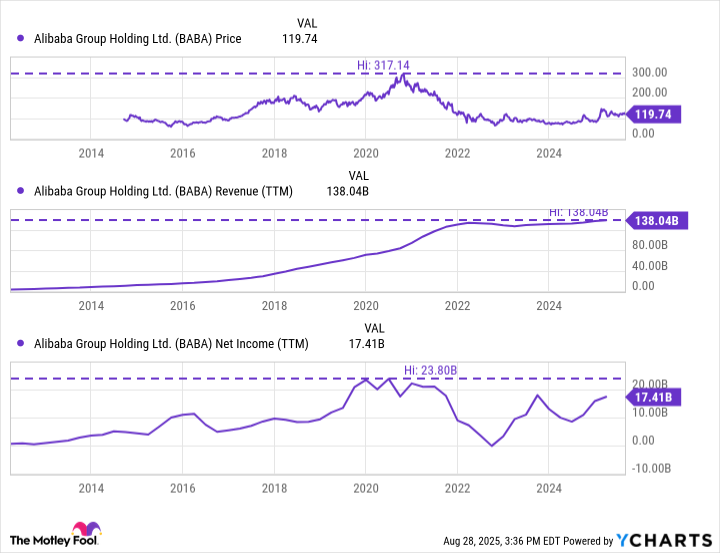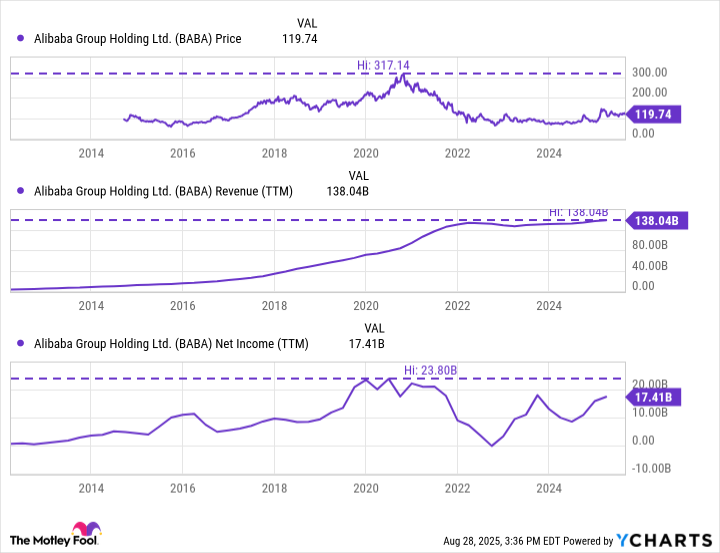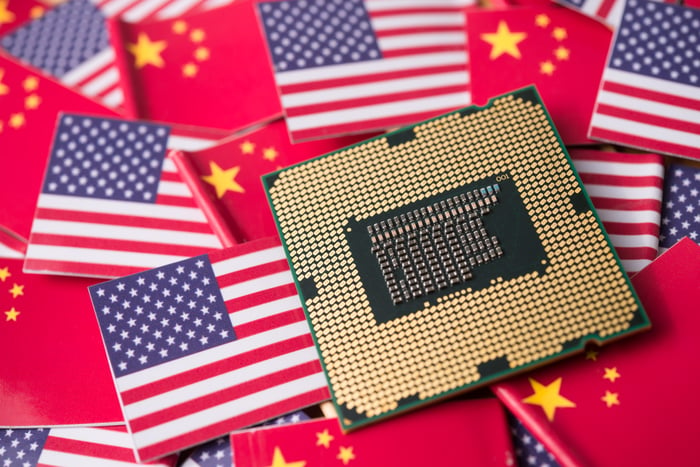NBA signs AI deal with Alibaba ahead of preseason games in China | Basketball News
Alibaba Cloud named cloud computing and AI partner of NBA China as the basketball league returns after six years.
Published On 9 Oct 2025
The National Basketball Association (NBA) and Chinese e-commerce company Alibaba have announced a multiyear partnership, as the league stages two games in Macau to mark its return to the Chinese market for the first time since 2019.
The announcement by Alibaba Group on Thursday said it would provide artificial intelligence and cloud computing services with the NBA and enhance fan experiences on the NBA app in China.
Recommended Stories
list of 3 itemsend of list
Alibaba Cloud will be the official cloud computing and AI partner of NBA China, it said.
The NBA is due to play two preseason games in the Chinese special administrative region on Friday and Sunday, part of a five-year contract with Las Vegas Sands’ Macau unit Sands China.
The games mark the first time the NBA is playing in Macau, the world’s largest gambling hub, and follow a years-long absence amid controversy over the 2019 Hong Kong protests.
The Macau games aim to bolster the NBA’s profile in China, where the league estimates say about 300 million people play basketball, at a time of rising political tensions between the United States and China.
The NBA’s absence followed a firestorm of controversy about comments made six years ago by the Houston Rockets’ then general manager Daryl Morey, who posted a message on social media in support of Hong Kong’s pro-democracy protests.
In the aftermath, Beijing suspended the broadcast of NBA games, prompting corporate sponsors to flee and the league to suffer what it described at the time as dramatic financial consequences. Preseason NBA games in China were also scrapped.
The NBA games are being held at the Sands Venetian property, and Shaquille O’Neal is among NBA celebrities attending the event, the league said.
Sands owner, the US billionaire Adelson family, also owns the Texas-based NBA team, the Dallas Mavericks.
The Brooklyn Nets, owned by Alibaba chairman Joseph Tsai, will play the Phoenix Suns at sold-out games in the arena.
This NBA season comes with high hopes for a Chinese rookie: Yang Hansen, a 7-foot-1 (216cm) draft pick who is expected to play a role for the Portland Trail Blazers this season.
He’s thrilled that the NBA is headed back there, finally.
“I want to say firstly, playing for the Blazers is a wonderful thing for me, and I wish that I can take all the players and management and coaches to China for sure in the future,” Yang said with the support of an interpreter.
“For sure, I wish [for] more games in China. … That works for me perfectly.”








